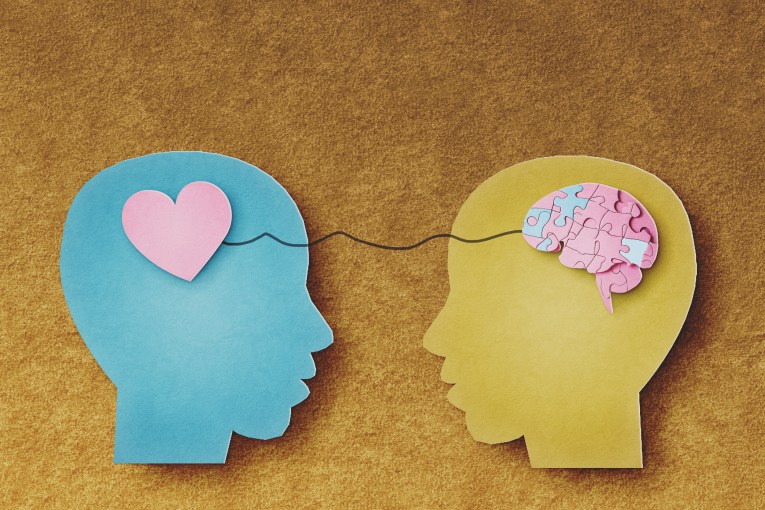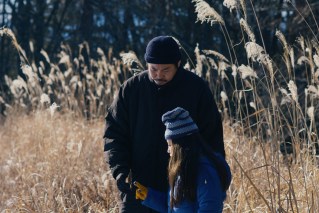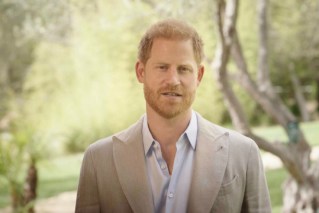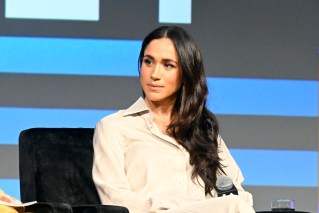Help recycle dozens of single-use masks

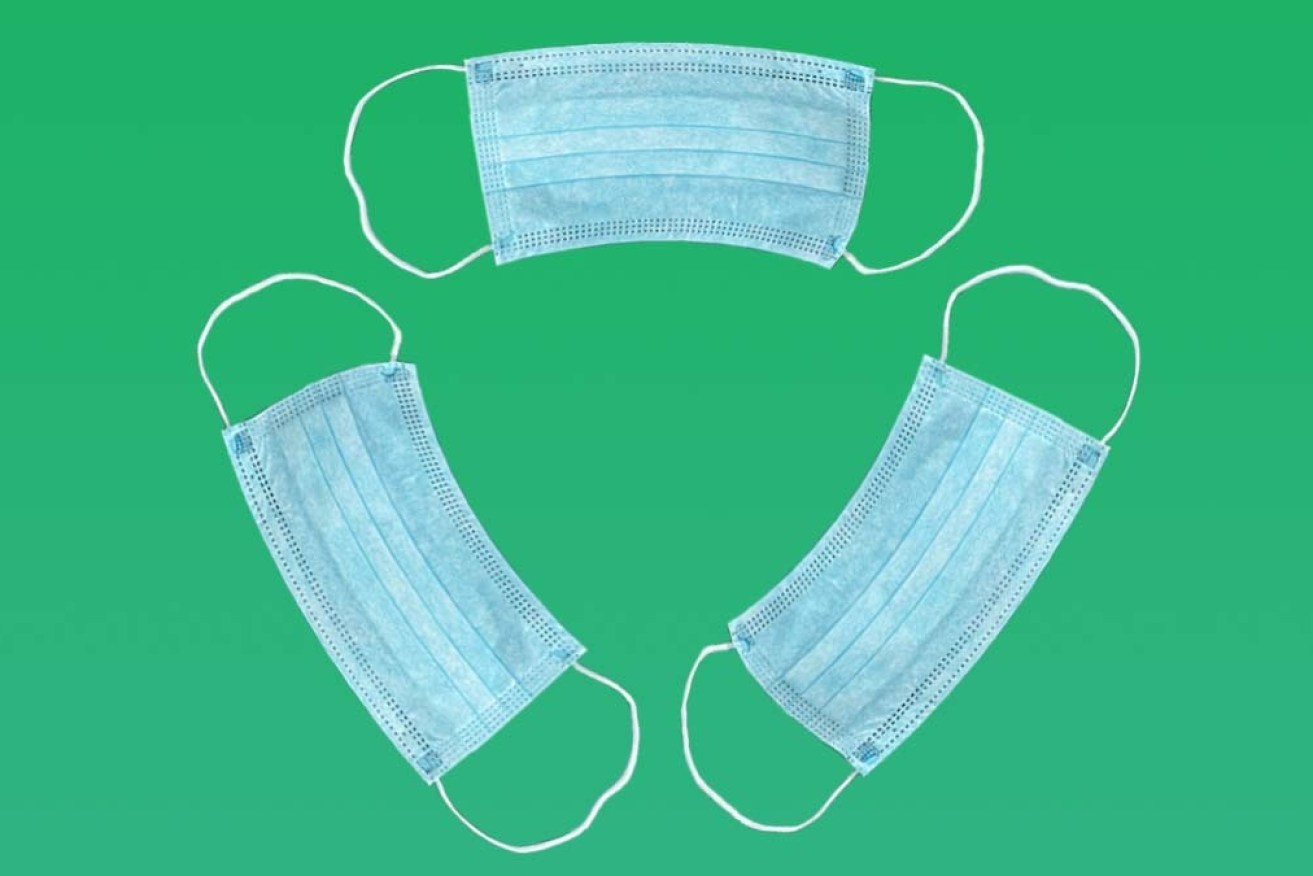
A Zero Waste Box is for items that can’t be recycled the regular way. Photo: TND
It’s common to reach into your pocket these days and pull out a crumpled surgical mask, blue with white straps.
These disposable masks are everywhere, as non-woven surgical masks can have better bacteria filtration and airflow than woven cloth.
But their effect on the environment hasn’t gone unnoticed.
A recent survey of 2000 Australians, aged 16-75, found 83 per cent of respondents were most concerned about plastic waste.
It’s why recycling companies such as RedCycle and TerraCycle specialise in waste that’s difficult to recycle, appealing to both communities and organisations that may have experienced a build-up of plastic waste since the pandemic started.

Of 2000 Australians polled, 83 per cent worried about plastic waste. Photo: Getty
“We’re on a mission to eliminate the idea of waste,” Jean Bailliard, general manager of TerraCycle Australia and New Zealand, told The New Daily.
“The thing we’re most known for is the recycling programs where we take products that are considered non-recyclable. You know, things that are not accepted in your regular municipal recycling.”
TerraCycle’s Zero Waste Box, for example, can be filled with dozens of discarded masks at businesses or organisations, saving them from a trip to the rubbish tip.
Three-ply surgical masks, dust masks, KN95, and N95 masks can be recycled. A small box costs $190, while a medium box is $228.
To break it down, the cost is divided between the physical box, the recyclable liner that protects the box during transportation, shipping, sanitation and processing.
The aluminium and elastic are removed from the surgical mask, while the plastic material is shredded and turned into pellets that can be used to form raw plastic.
“That’s where the biggest environmental impact comes from. You can recover some of the plastic so you don’t need to extract it again,” Mr Bailliard said.
While Zero Waste Boxes are more suitable for businesses and organisations, TerraCycle also has over 30 free national recycling programs for everyday items.
It partners with brands such as Big W, Havaianas, and Nescafé to recycle their products at community hubs.
RedCycle focuses on recycling post-consumer soft plastics, including bread bags and bubble wrap. Like TerraCycle, RedCycle collaborates with leading companies such as Coles and Woolworths to reduce the amount of plastic packaging going to landfill.
While RedCycle is located in Melbourne, drop-off points can be found across the country.
“I think consumers have a lot of power by what they buy, and they can ask companies – your local supermarket or shopping centre – to step in with a solution [to plastic waste],” Mr Bailliard said.
“It’s a really good reminder that we can vote with our dollars and ask brands and companies to step in with a solution.”
